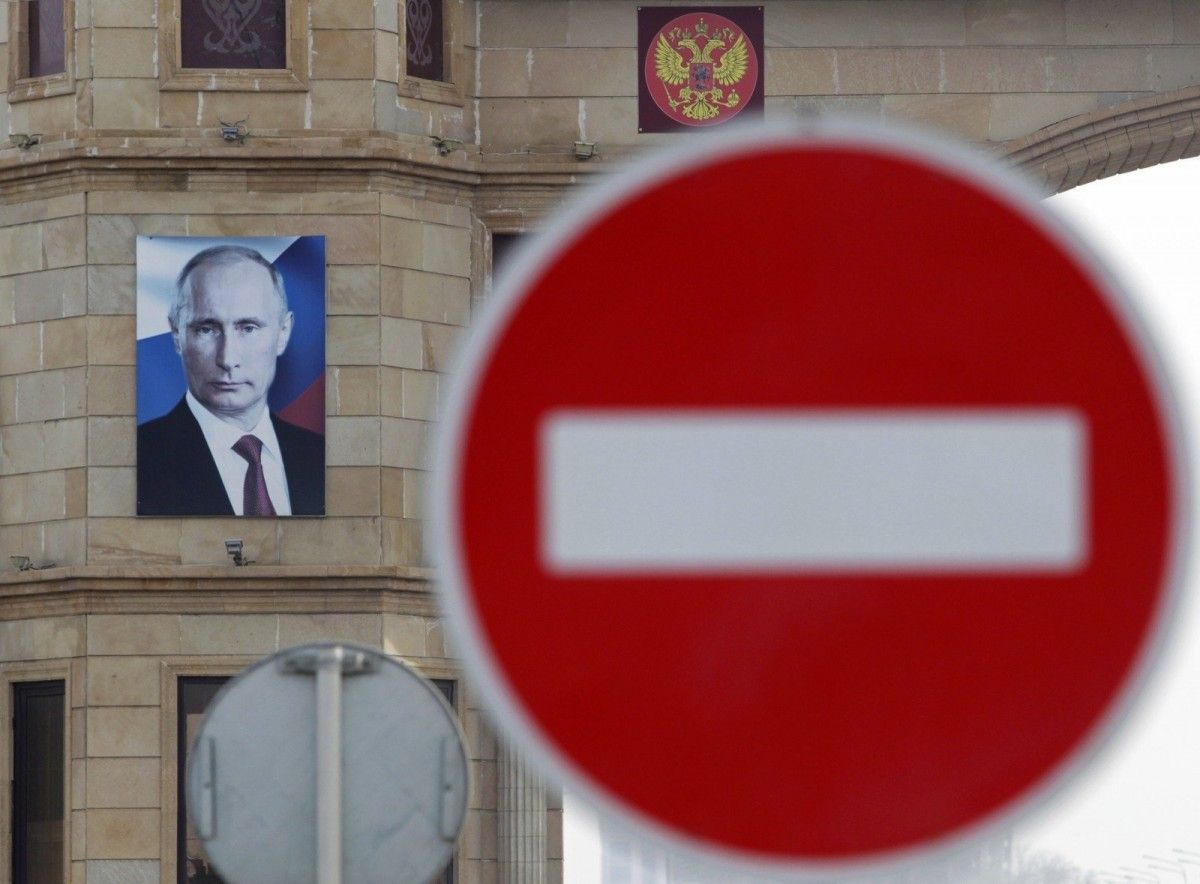
The EU Council on Monday, October 12, decided to extend by one year, until October 16, 2021, the regime allowing the EU to impose restrictive measures on persons and entities involved in the development and use of chemical weapons, including Russian military intelligence (GRU) chief Igor Kostiukov and three of his deputies, implicated in the novichok attack in UK's Salisbury.
The sanctions, introduced in 2018, aimed to counter the proliferation and use of chemical weapons, which pose a serious threat to international security, the Council's press service reported.
Read alsoFive countries' envoys to UN call on Russia to disclose circumstances of Navalny's poisoningThe sanctions have also been prolonged against five Syrian officials involved in chemical weapons development and one Syrian government organization, the Scientific Studies and Research Centre (SSRC), the principal entity for the development of chemical weapons.
"The restrictive measures consist of a ban on travel to the EU and an asset freeze for persons, and an asset freeze for entities," the statement reads. "In addition, persons and entities in the EU are forbidden from making funds available to those listed."
Skripal attack in Salisbury: Background
Skripal is a former Russian military intelligence officer who was simultaneously working for British intelligence services. He and his daughter, Yulia, were found unconscious in March 2018, after having been poisoned with a nerve agent.
Both survived the attack. In response, the U.S. and European countries expelled dozens of Russian diplomats, and the U.S. imposed sanctions against Russia in August 2018.
The Skripals were targeted by Anatoly Chepiga and Alexander Mishkin, who travelled to the UK under false names. Chepiga was a decorated colonel with the GRU, the Russian military intelligence service for which Skripal had been working when he was recruited by MI6 in the mid-1990s.

